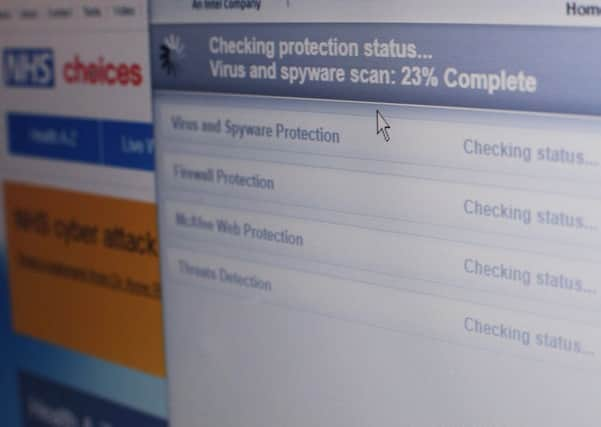Some systems hit by virus still down


Similarities between the WannaCry virus – which disrupted doctors on the Fylde coast – and earlier attacks could suggest a link to the controversial regime.
Bosses at Blackpool Victoria Hospital said a ‘very small number’ of operations were cancelled on Saturday, the day after the bug hit, while GP surgeries were unable to turn on computers until they were given the all clear by IT experts.
Advertisement
Hide AdAdvertisement
Hide AdNHS Digital said it highlighted a patch last month to trusts which could have prevented the attack.
Blackpool Teaching Hospitals NHS Foundation Trust was asked several times by The Gazette whether it had installed the patch on its machines but did not provide an answer.
In a statement the trust said it was ‘unable to comment on the detail’ of the cyber attack.
A spokesman said: “Not all systems were affected by the malware and we are focussing on restoring those that were as quickly as possible. At no time did this cause a risk to patient safety.”
Advertisement
Hide AdAdvertisement
Hide AdSimilarities between the code used in the WannaCry attack – which infected more than 300,000 computers in 150 countries – with malware distributed by Lazarus, a hacking group behind attacks on Sony Pcitures in 2014 that was blamed on North Korea, could be a ‘false flag’ according to global cyber security firm Kaspersky Lab.
David Emm, principal security researcher at the firm, added: “But we think actually that this is probably not the case – we think it is a legitimate connection between the two.”